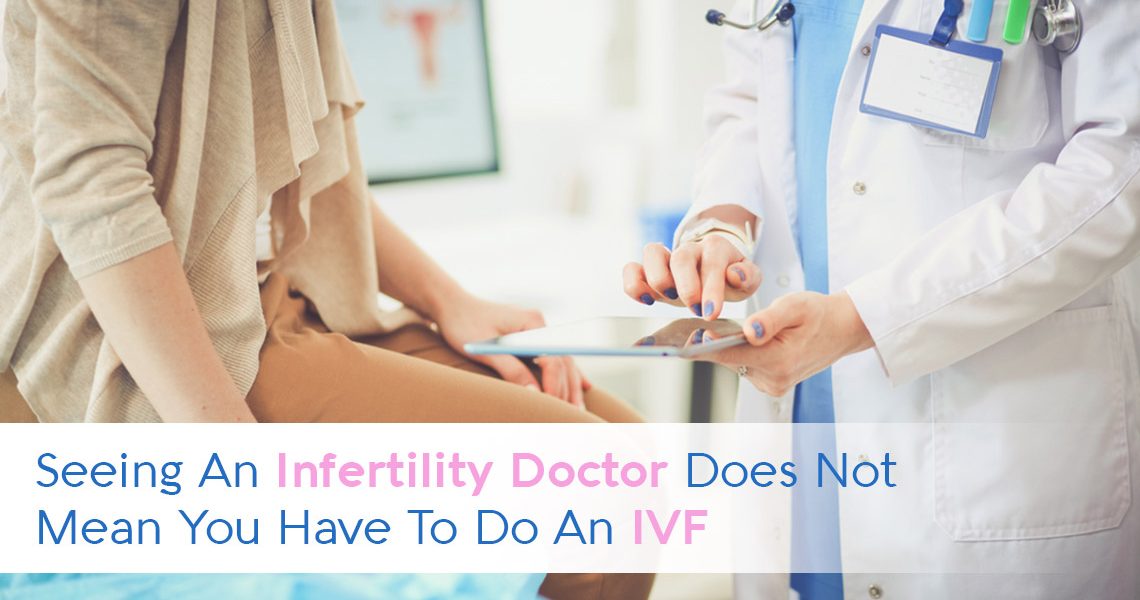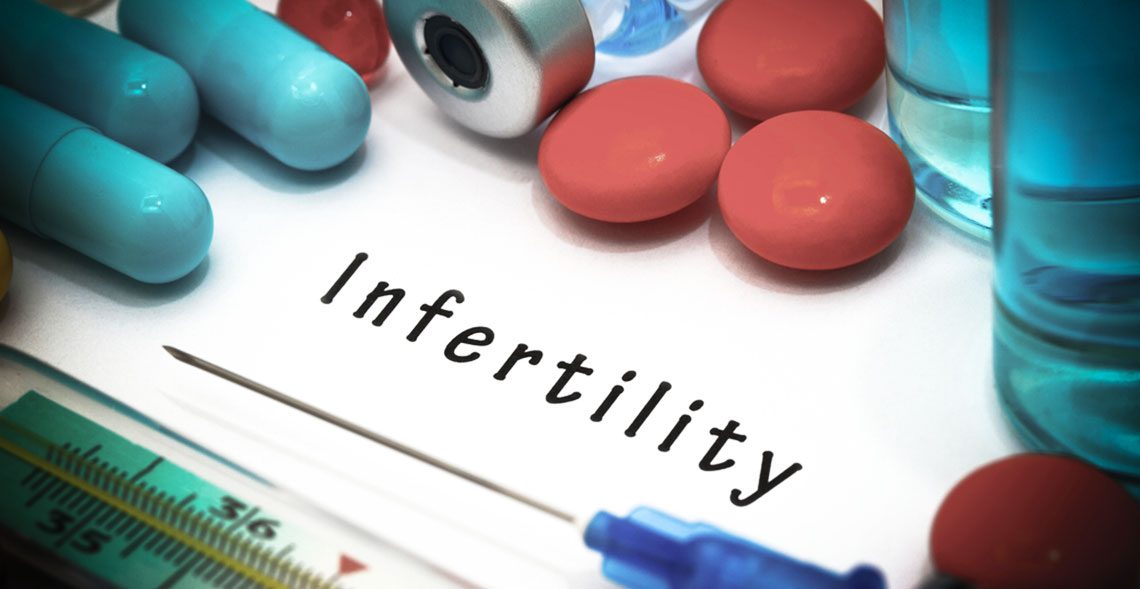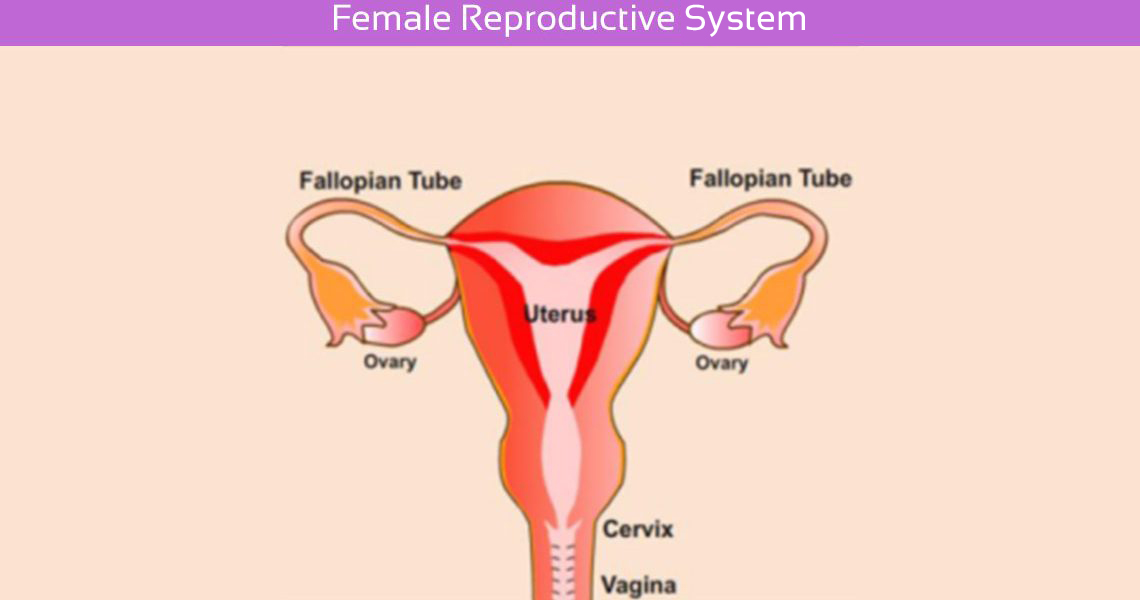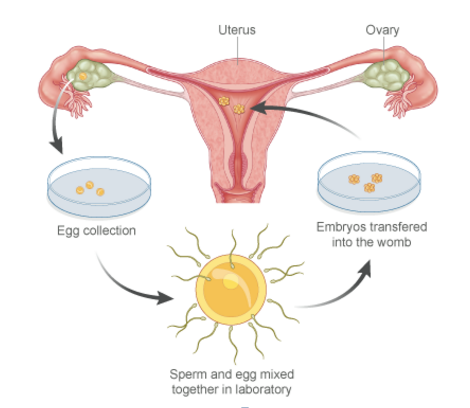Infertility is a relatively common condition affecting one in 6 couples. Despite this, it remains a taboo. It affects the couple psychologically, economically and socially. They avoid meeting people as “children” will be a topic of conversation. Everybody you meet wants to suggest options. Seeing an infertility clinic is one of them. With the word “infertility clinic” many couples freak out.
infertility centers in Bangalore
Smoking and Fertility
‘Smoking is injurious to health’. This applies to reproductive health as well. Passive smoking is equally harmful, but not many women are aware of this. One survey of female hospital employees found that less than 1 in 4 knew that smoking could hurt their fertility or increase the risk of miscarriage.
Myths about Infertility
Myth 01: Infertility is rare.
Infertility can affect women of any age and from any background. In fact, approximately one out of every seven couples trying to conceive today experience difficulties with infertility. The Centers for Disease Control and Prevention (CDC) reports that 12 percent of women in the U.S. ages 15 to 44 have difficulty getting pregnant or carrying a pregnancy to term. That’s nearly one in five women in the U.S. So it’s likely that you know someone struggling with infertility, whether they choose to share it or not.
Impacts of Infertility on the couples Relationships?
Men and women are affected by infertility in different ways.
10 Early Signs of Pregnancy?
1. Prickling, tingling nipples
As pregnancy hormones increase the blood supply to your breasts, you may feel a tingling sensation around your nipples.
This can be one of the earliest symptoms of pregnancy and is sometimes noticeable within a week or so of conception. Once your body gets used to the hormone surge, this sensation will subside.










